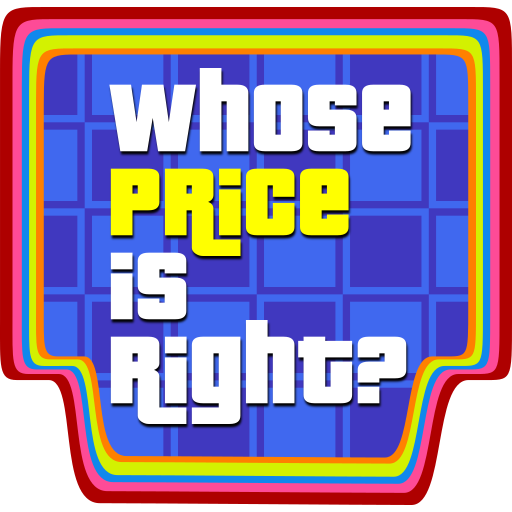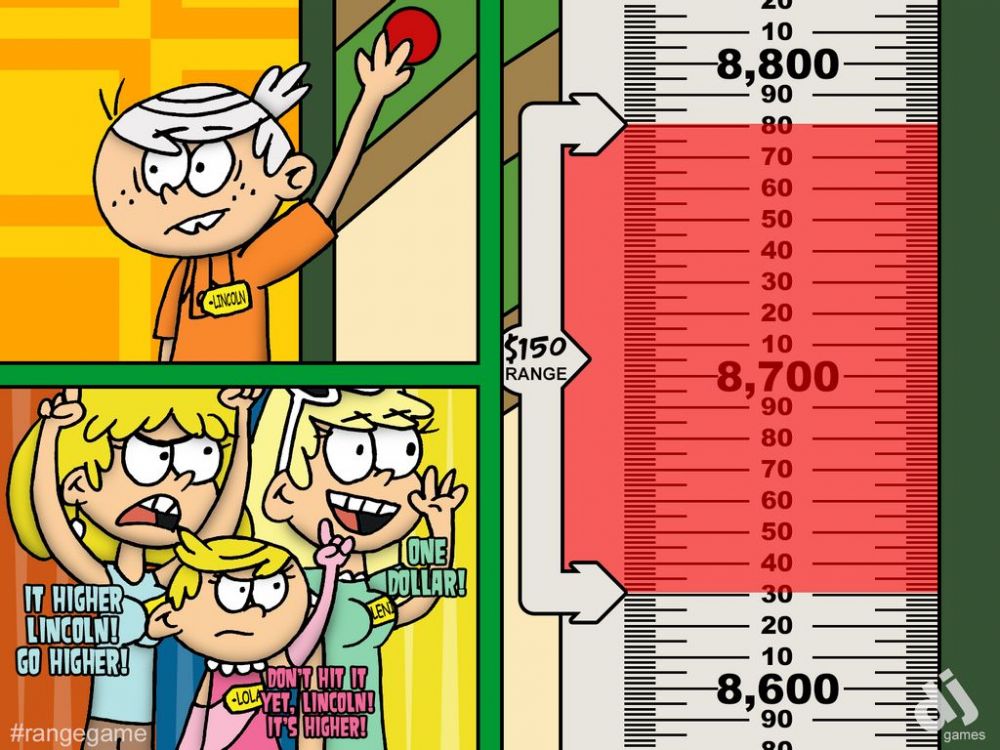
Most of us have seen the game show “The Price is Right”. While it may be amusing to watch a cast of characters randomly guess the price of a Hawaiian vacation or a new car, I personally would not play that game when it comes to pricing my home.
Real Estate valuation is tricky, and owners should look to trained professionals to when they want an independent, data driven valuation of their home. While many homeowners are reluctant to spend money on an appraisal or accept the results of a comparative market analysis (CMA) prepared by a real estate professional, it is the smart way to go.
Too often, the seller may play a version of “The Price is Right” and arrive at a price in two ways. First, they may look at Zillow and gets a Zillow Estimate (Zillow calls it, a Zestimate). A Zestimate valuation is not dependable because it uses a shotgun valuation approach. It does not account for major items like location differences, and condition. As an example, a subdivision with waterfront and dry lot homes clustered will have wide price vaiations. Zillow Zestimate will probably be way off on that valuation by averaging out the estimated price.
 Second, an owner will typically look at other homes for sale in their neighborhood and decide on pricing their home similarly. That method may be ok in some cases, but it also does not account for the many variables like square feet, bed/bath configurations, and condition that are important for value. Lastly, many homeowners have unrealistic pricing expectations and therefore overprice their homes. After the home sits on the market for an extended period, the seller realizes they need to reduce their price to meet the market expectations and draw in offers.
Second, an owner will typically look at other homes for sale in their neighborhood and decide on pricing their home similarly. That method may be ok in some cases, but it also does not account for the many variables like square feet, bed/bath configurations, and condition that are important for value. Lastly, many homeowners have unrealistic pricing expectations and therefore overprice their homes. After the home sits on the market for an extended period, the seller realizes they need to reduce their price to meet the market expectations and draw in offers.
One smart solution for an owner; hire a Real Estate Appraiser. RE Appraisers are trained to look at extremely specific items to estimate value. Items like specific location, recent sales, specific home condition, square feet, construction cost, design characteristics, and a many more items that will impact price. If there are a decent pool of recently sold comparable homes found nearby, the appraisal is derived comparing your “subject” property to other recent sales, adjusting for superior or inferior specific items to derive the appraised value. That appraisal will be a methodical, “close to bulls-eye” estimate of market price.
Another advantage of getting a pre-sale appraisal is to minimize the risk of losing a deal when the contract price exceeds the lenders appraisal. Most buyers require loans and most financed deals have an appraisal contingency clause. This means if you have a buyer, and if the lender appraisal comes in lower than the contract price, the lender will not finance the deal. Therefore, the contract is dead unless the buyer comes up with more cash or you drop your price. Wasted time? Absolutely.

Setting a price based on the current “for sale” averages or Zillow Estimates sets you up for a long and frustrating journey. So, my recommendation is do not play “The Price is Right” with your home. Work with a trusted realtor, get them to prepare a Comparative Market Analysis (CMA), then hire an appraiser to do a pre-sale appraisal. Armed with that information and with the help of your realtor, set your realistic target price and you will have a smooth and timely sale.





